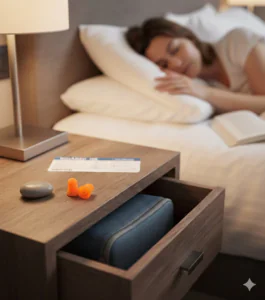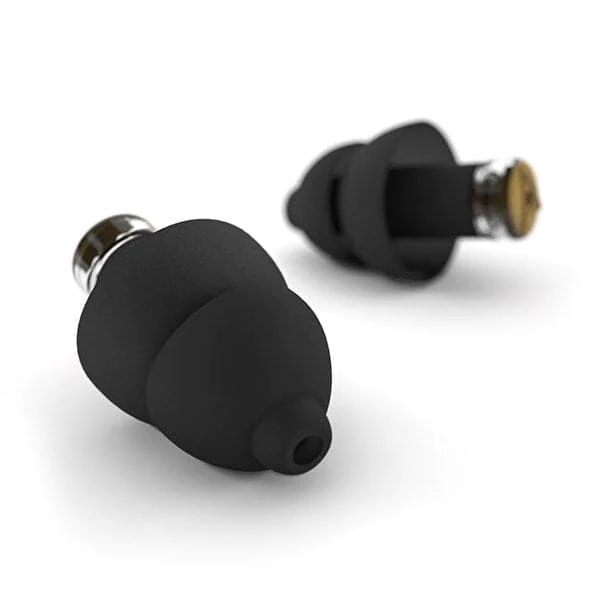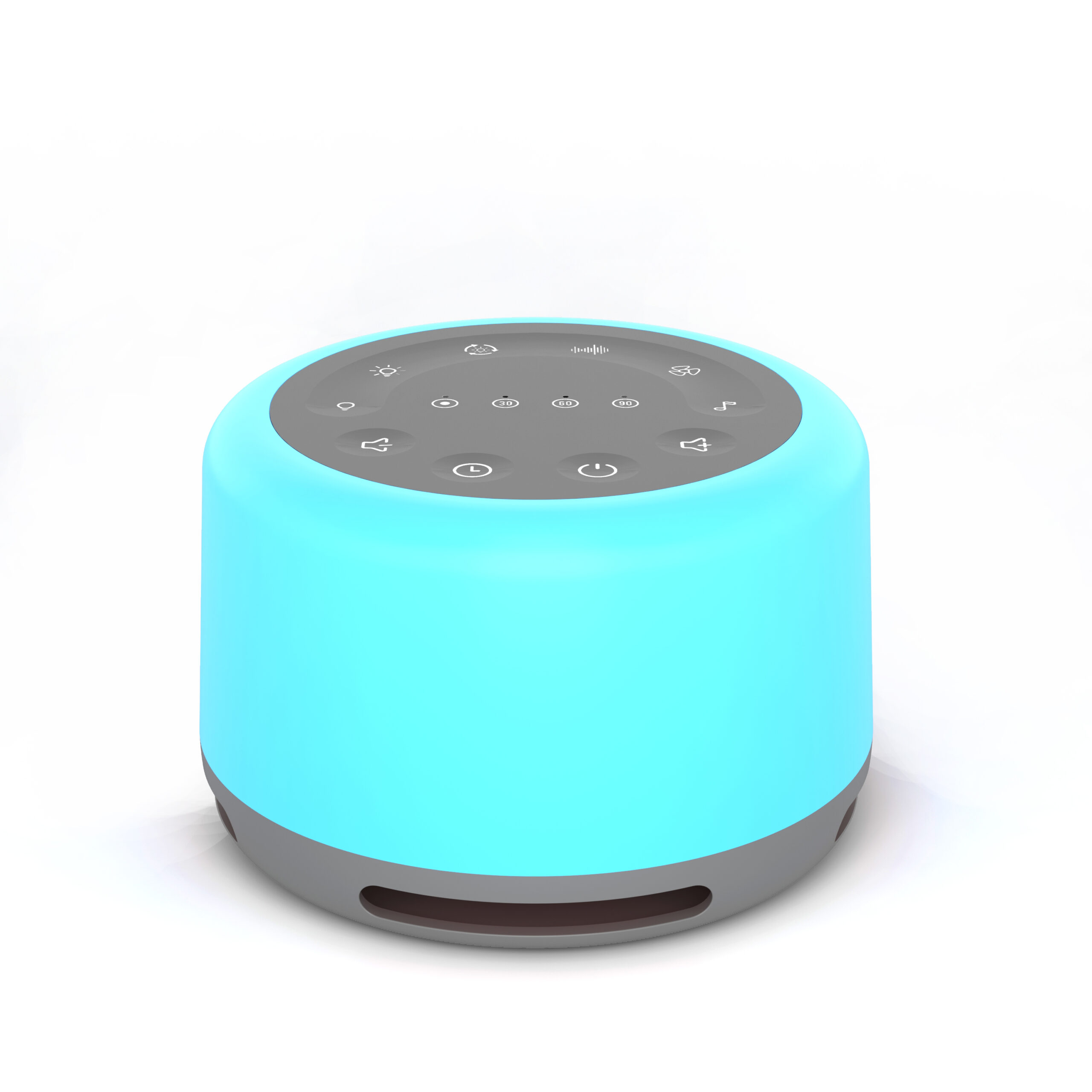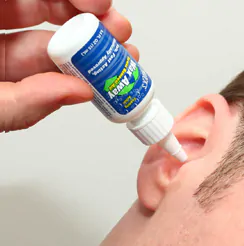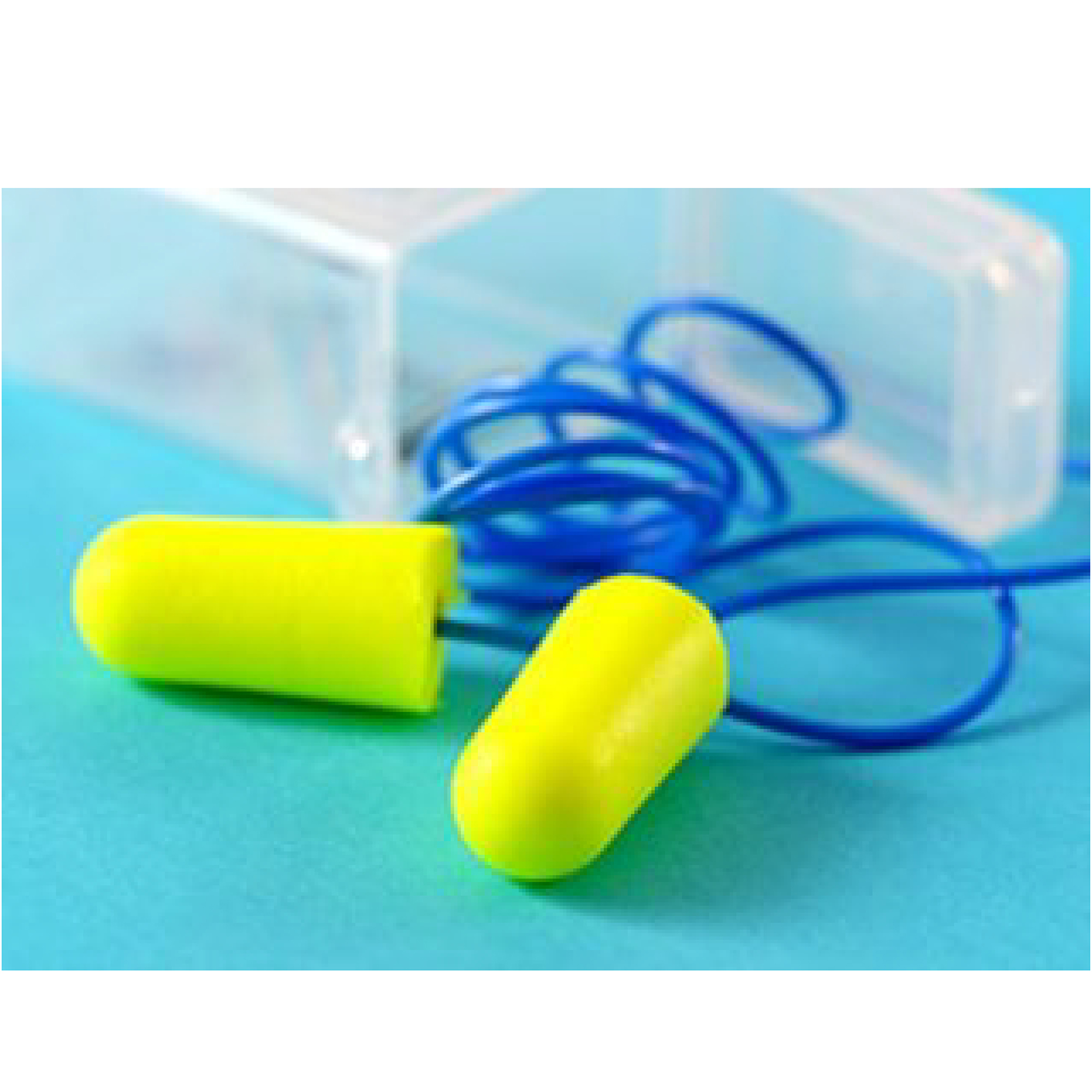Blog
How to know if you slept well : Your ultimate guide to quality Sleep
- TAM SPARKES
Table of Contents

How to Know If You Slept Well: Your Ultimate Guide to Quality Sleep
Have you ever woken up feeling more tired than when you went to bed? Or maybe you've experienced those magical mornings where you leap out of bed, ready to tackle the day with boundless energy. What makes the difference between a good night's sleep and a restless one?
Quality sleep is like a secret superpower—it rejuvenates our bodies, sharpens our minds, and sets us up for success. But how can you ensure that you’re getting the best rest possible? In this extended article, we’ll delve deeper into the signs of good sleep and explore products that can transform your nights.
Signs You've Slept Well
- Waking Up Naturally Without an Alarm
 One of the clearest indicators of good sleep is waking up naturally without the jolt of an alarm clock. If your body completes its sleep cycles, you'll likely find yourself waking up refreshed before your alarm goes off. This natural wake-up call means your body has had enough rest and is ready to start the day.
One of the clearest indicators of good sleep is waking up naturally without the jolt of an alarm clock. If your body completes its sleep cycles, you'll likely find yourself waking up refreshed before your alarm goes off. This natural wake-up call means your body has had enough rest and is ready to start the day. - Feeling Refreshed and Alert

Feeling groggy or sluggish after waking up can be a sign that you didn't get quality sleep. In contrast, if you wake up feeling refreshed, alert, and ready to take on the day, it's a good indication that you had a good night's sleep. - Stable Energy Levels Throughout the Day

Quality sleep sets the tone for your entire day. If you find that your energy levels remain steady without significant dips, it's a sign that your sleep was restorative. On the other hand, if you experience energy slumps, especially in the afternoon, it might suggest your sleep wasn't as good as it could be. - Good Mood and Emotional Stability

Your mood is closely tied to how well you sleep. If you notice that you're generally in a good mood, less irritable, and emotionally stable, it's a good sign that your sleep quality is high. Poor sleep can lead to increased irritability, stress, and even anxiety or depression. - Clear and Sharp Cognitive Function

Sleep is crucial for cognitive functions such as memory, decision-making, and problem-solving. If you find that you're able to think clearly, remember things accurately, and make decisions easily, it's a sign that you've slept well.
Factors Affecting Sleep Quality

Now that we know what good sleep looks like, let's explore the factors that can influence sleep quality.
- Sleep Environment
Your sleep environment plays a significant role in how well you sleep. Factors such as room temperature, noise levels, light exposure, and mattress quality can all impact your sleep. A cool, dark, and quiet room with a comfortable mattress and pillows is ideal for promoting good sleep. - Sleep Hygiene
Sleep hygiene refers to the habits and practices that promote consistent, uninterrupted sleep. This includes maintaining a regular sleep schedule, avoiding caffeine and heavy meals before bed, and creating a relaxing bedtime routine. - Stress and Anxiety
High levels of stress and anxiety can significantly disrupt your sleep. Finding ways to manage stress, such as through meditation, exercise, or talking to a therapist, can improve sleep quality. - Diet and Exercise
What you eat and how active you are can affect your sleep. A balanced diet and regular physical activity can promote better sleep, while excessive caffeine, alcohol, and sedentary behaviour can hinder it. - Medical Conditions
Certain medical conditions, such as sleep apnea, restless leg syndrome, and insomnia, can affect your sleep quality. If you suspect a medical issue is interfering with your sleep, it's important to seek professional help.
Tips for Improving Sleep Quality
Now that we've covered the signs of good sleep and the factors that affect it, here are some tips to help you improve your sleep quality.
- Create a Relaxing Bedtime Routine

Establishing a calming pre-sleep routine can signal to your body that it's time to wind down. This could include activities such as reading a book, taking a warm bath, or practicing relaxation techniques like deep breathing or meditation.
- Stick to a Sleep Schedule

Going to bed and waking up at the same time every day helps regulate your body's internal clock, making it easier to fall asleep and wake up naturally. - Optimise Your Sleep Environment

Make your bedroom conducive to sleep by keeping it cool, dark, and quiet. Consider using blackout curtains, a sleep mask, earplugs, or a white noise machine to eliminate distractions. - Watch Your Diet and Drink
Avoid caffeine, nicotine, and large meals close to bedtime. Instead, opt for a light snack if you're hungry and try herbal teas known for their calming effects. - Stay Active

Regular physical activity can help you fall asleep faster and enjoy deeper sleep. Aim for at least 30 minutes of moderate exercise most days of the week but avoid vigourous activity close to bedtime. - Manage Stress

Incorporate stress-reducing activities into your daily routine, such as yoga, journaling, or spending time in nature. Managing stress effectively can lead to better sleep quality.
The Science of Sleep: Understanding the Basics
To start, it's essential to grasp what happens when you sleep. Sleep is not a simple, one-dimensional process; it's a complex and dynamic state that involves several stages. It’s not just about the hours spent in bed; it’s about the quality of those hours. Here’s why:
- NREM Stage 1: Light sleep, where you drift in and out of sleep.
- NREM Stage 2: A slightly deeper sleep where your body temperature drops, and heart rate begins to slow.
- NREM Stage 3: Deep sleep, also known as slow-wave sleep, is where the body repairs and regrows tissues, builds bone and muscle, and strengthens the immune system.
- NREM Stage 4: Rapid Eye Movement sleep is where dreaming occurs, and the brain is highly active.
Each of these stages plays a crucial role in overall health and well-being. So, how do you know if you've cycled through these stages effectively and achieved restorative sleep?
Products for Better Sleep:
- White Noise Machines:

These devices emit soothing sounds (like ocean waves or rainfall) that drown out background noise. They’re perfect for light sleepers or those living in noisy environments. - Weighted Blankets: These blankets provide gentle pressure, like a comforting hug. They can reduce anxiety and promote deeper sleep.
- Aromatherapy Diffusers:

Fill your bedroom with calming scents like lavender or chamomile. Aromatherapy can relax your mind and help you drift off. - Sleep Masks:
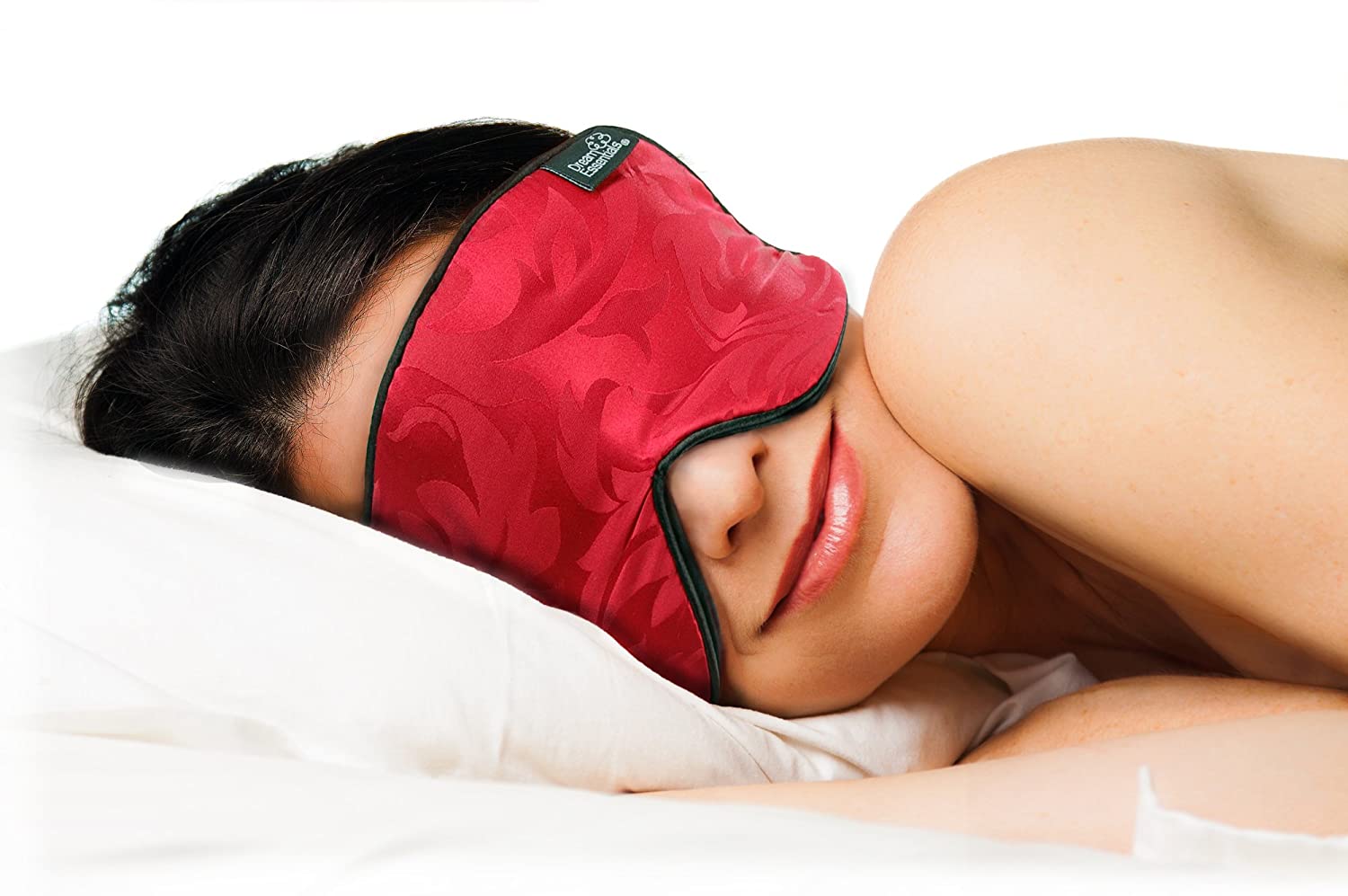
Create a dark environment, blocking out light and promoting deeper sleep. They’re especially useful if you’re sensitive to ambient light or if you travel frequently. - Earplugs:

Earplugs reduce noise disturbances, helping you achieve uninterrupted sleep. Whether it’s snoring partners, street sounds, or noisy neighbours, earplugs can be a game-changer. - Cooling Pillows and Mattress Toppers: Regulating body temperature is crucial for restful sleep. Invest in cooling pillows or mattress toppers to keep things comfortable.
- Sleep-Tracking Apps: Use apps to monitor your sleep patterns. They provide insights and suggest improvements.
- Quality Bedding: Invest in a good mattress, pillows, and soft sheets. Your sleep environment matters!
Conclusion
Remember, achieving the best night’s sleep involves a holistic approach. Combine good habits (consistent sleep schedule, winding down before bed) with thoughtful product choices. Sweet dreams await! 🌙💤
References:
- How to Know If You Slept Well - The Sleep Doctor
Disclaimer: Consult a healthcare provider for personalised advice. These product suggestions are general recommendations and not medical endorsements.

